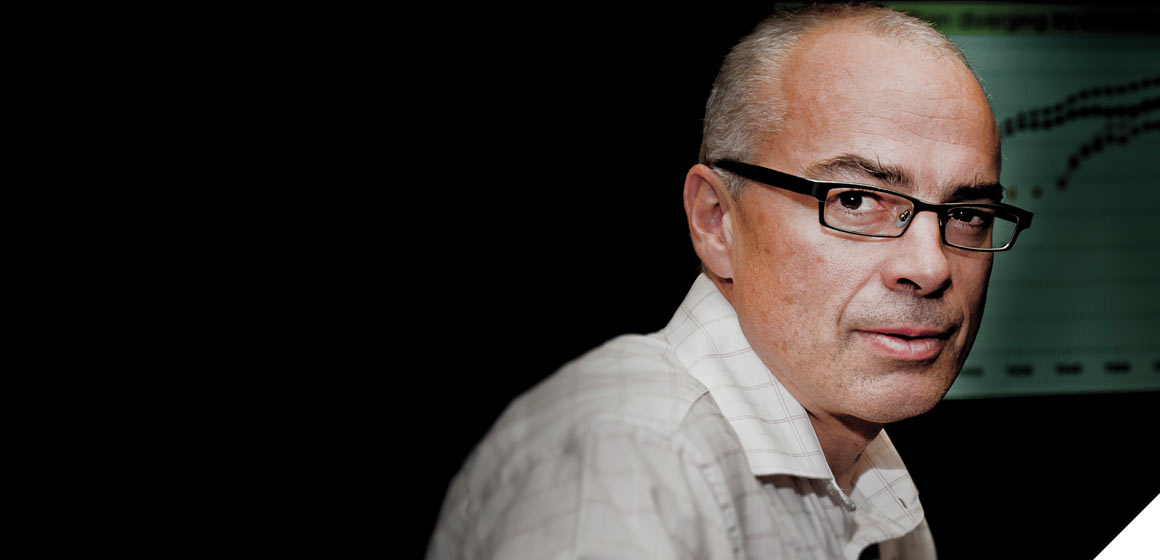 Monday 3 February 2014 10:14am
Monday 3 February 2014 10:14amImagine a data-mining tool on par with Google or Amazon that allows decision-makers to quickly calculate the health impact, as well as the upfront and downstream costs of a new health intervention or policy change.
It's a futuristic vision. And perhaps the best that is achievable is a "rapid evaluation response capacity" of researchers and analysts located between academia and policy that can work together using a well-designed data system. Work by University of Otago, Wellington (UOW) researchers to build capacity and academic rigour in the estimation of disease burden, cost-effectiveness and equity impacts of proposed health interventions is setting the scene for making the vision a reality.
New Zealand currently has limited research and infrastructure capacity for disease modelling and economic evaluation to inform the best use of limited health sector resources. It's a gap that UOW's Burden of Disease, Epidemiology, Equity and Cost-Effectiveness (BODE3) programme, led by Professor Tony Blakely and Associate Professor Nick Wilson, is intent on addressing.

Associate Professor Nick Wilson.
One of their key objectives is to transfer and implement established epidemiological models for assessing cost-effectiveness from elsewhere around the world and home-grown from New Zealand. Within that work, they've capitalised on one of the world's best kept health data secrets –the ability to populate these epidemiological models with data sourced from New Zealand's National Health Index (NHI).
That data system is among the best for health sectors around the world, Blakely says.
"Around 99 per cent of New Zealanders have their own unique NHI number, which is stored on the index along with their demographic details. This then links up everyone's hospital admissions, pharmaceutical use and so on. And – very importantly – allows one to rapidly calculate health system costs. The potential that data holds as a means of parameterising and making the models work is extraordinary and under-utilised."
BODE3's work to date on cancer interventions provides a glimpse of what could be. The team's research has shown, for example, that dedicated cancer care co-ordinators – clinical nurse specialists charged with navigating patients through their care – appear to be cost-effective, for stage III colon cancer at least. Care co-ordinators will change how patients are treated and, therefore, not only change patient outcomes but also change downstream costs in the health sector. For example, the use of chemotherapy may increase.
"Our vision is the provision of better information for some of the criteria that should be used – be it for decision-makers at Pharmac, the Ministry of Health, district health boards or around the Cabinet table."
Therefore, the burning question is: are dedicated cancer care co-ordinators a good use of limited health resources (i.e. are they cost-effective), including all downstream changes in cost and health gains? And for which cancers and which type of people with cancer?
New Zealand, like some other developed countries, is quite good at cost-effectiveness analyses around things like drugs, devices and technologies, Blakely says.
"But there has been little done to date on health-service delivery and some prevention programmes –we're trying to extend the paradigm out into those areas."
The BODE3 programme also has a strong focus on preventive interventions. An example is regulating to reduce salt in processed food to reduce the burden of strokes and heart attacks on the health system.
"This should be a priority for government action to both protect health and save taxpayer funds, but our modelling work is about a future where it's easier for decision-makers to decide on the most cost-effective ways, in this instance, of reducing the high salt levels in the New Zealand diet."
Such modelling can also be used to compare the cost-effectiveness of preventive interventions vis-a-vis treatment interventions, at the same time recognising social values that need to be taken into account when making decisions about priorities for action.
"But while cost-effectiveness is only one ingredient in the decision-making table, it's an important one to be considered when deciding priorities for the use of limited health resources," Blakely says.
"Our vision is the provision of better information for some of the criteria that should be used – be it for decision-makers at Pharmac, the Ministry of Health, district health boards or around the Cabinet table."
In an innovative approach to getting decision-makers on board with that vision, the BODE3 team is using social media to engage with colleagues, media, policymakers and interested general public.
"The objective is to stimulate debate on public health issues, and influence the influencers of public debate and decision making," Blakely says.
https://blogs.otago.ac.nz/pubhealthexpert/
Funding & support
- Health Research Council
- Ministry of Health